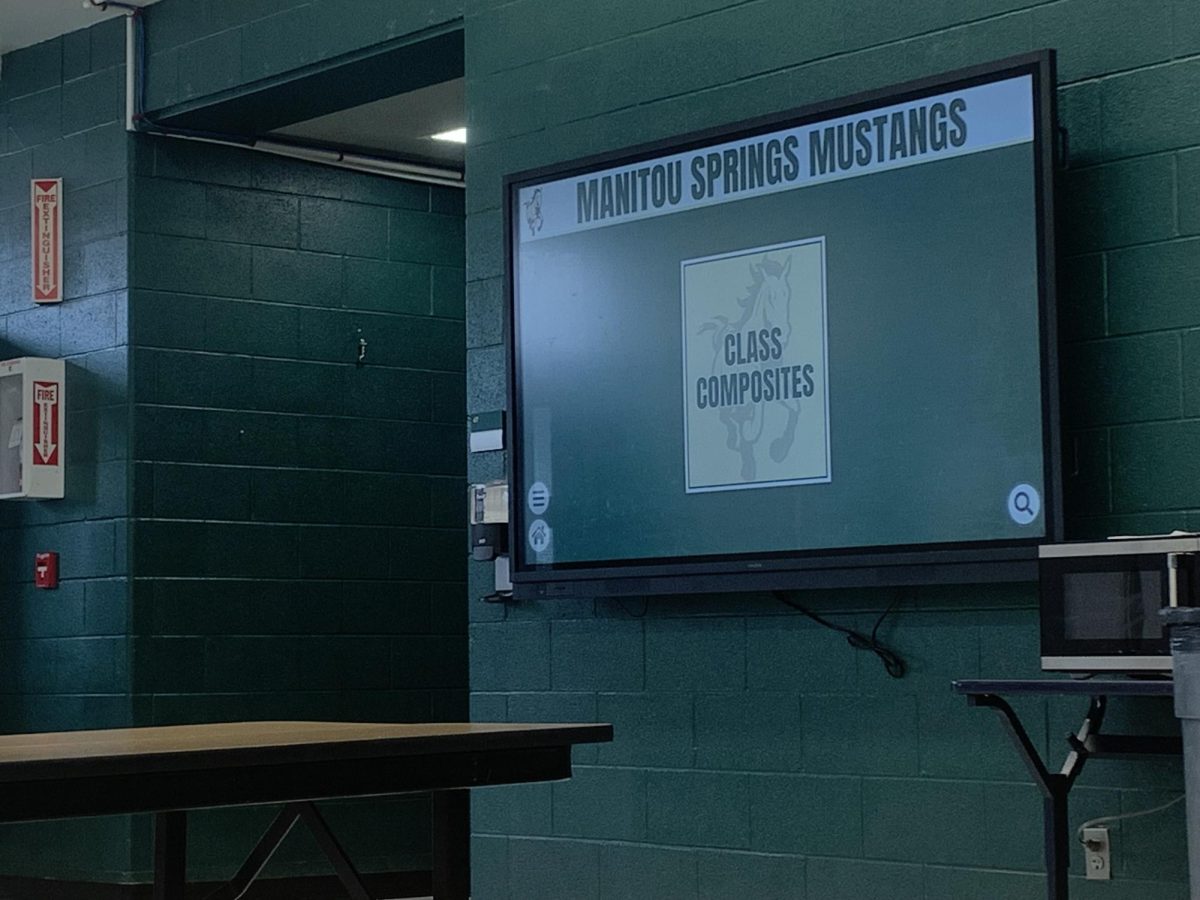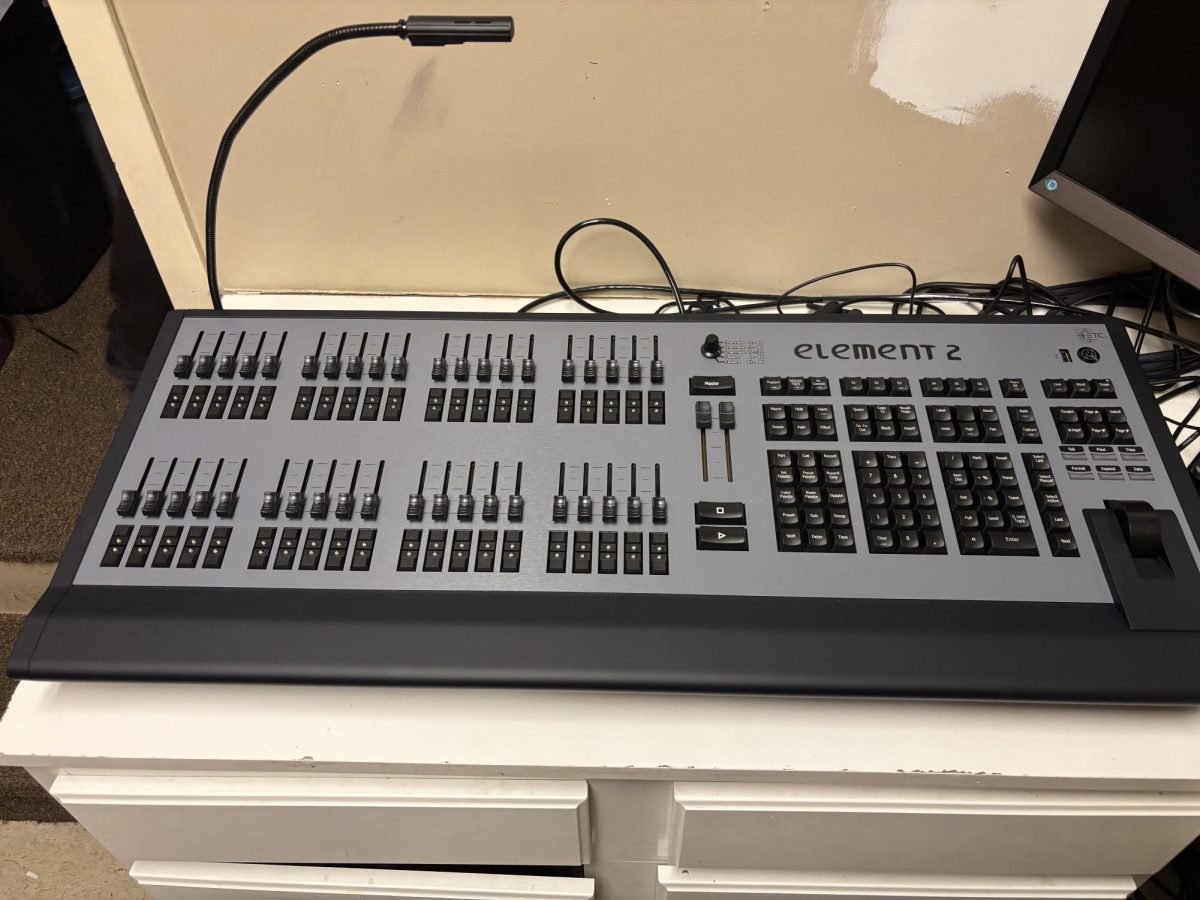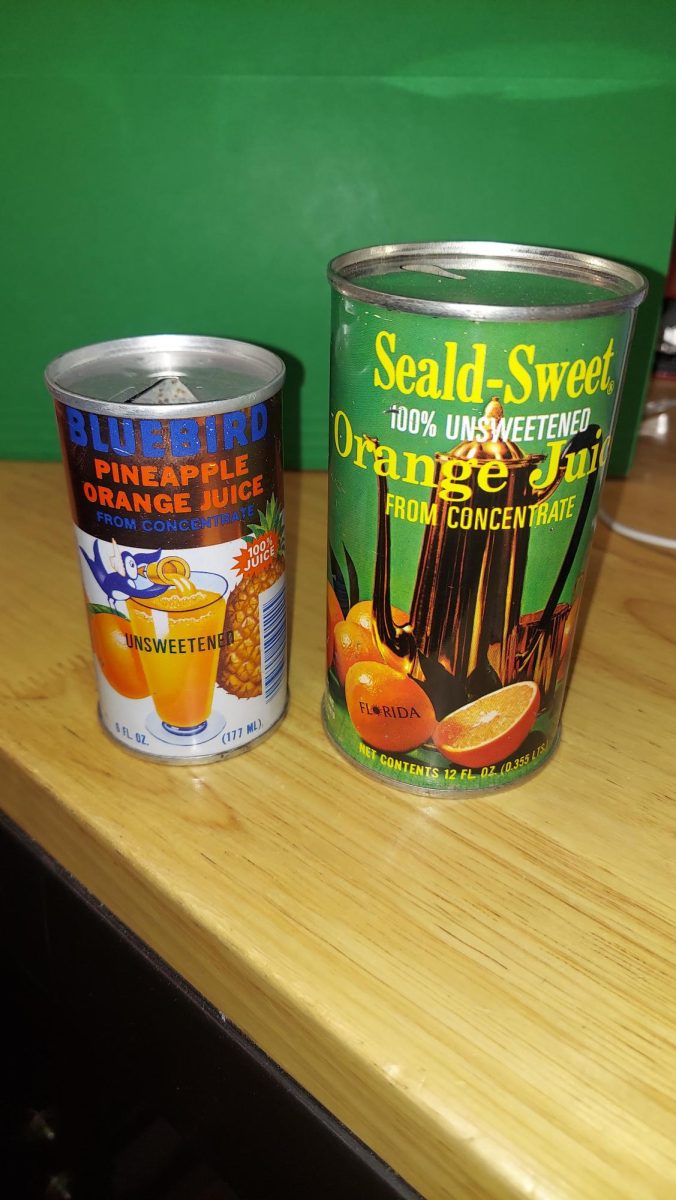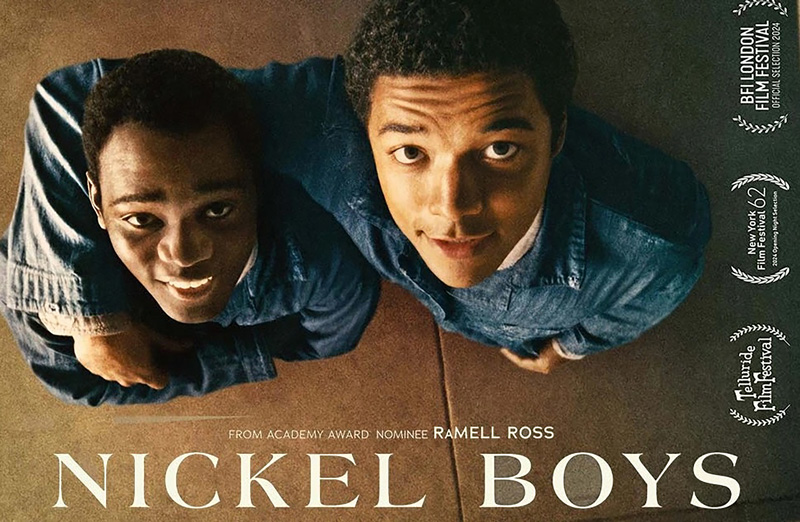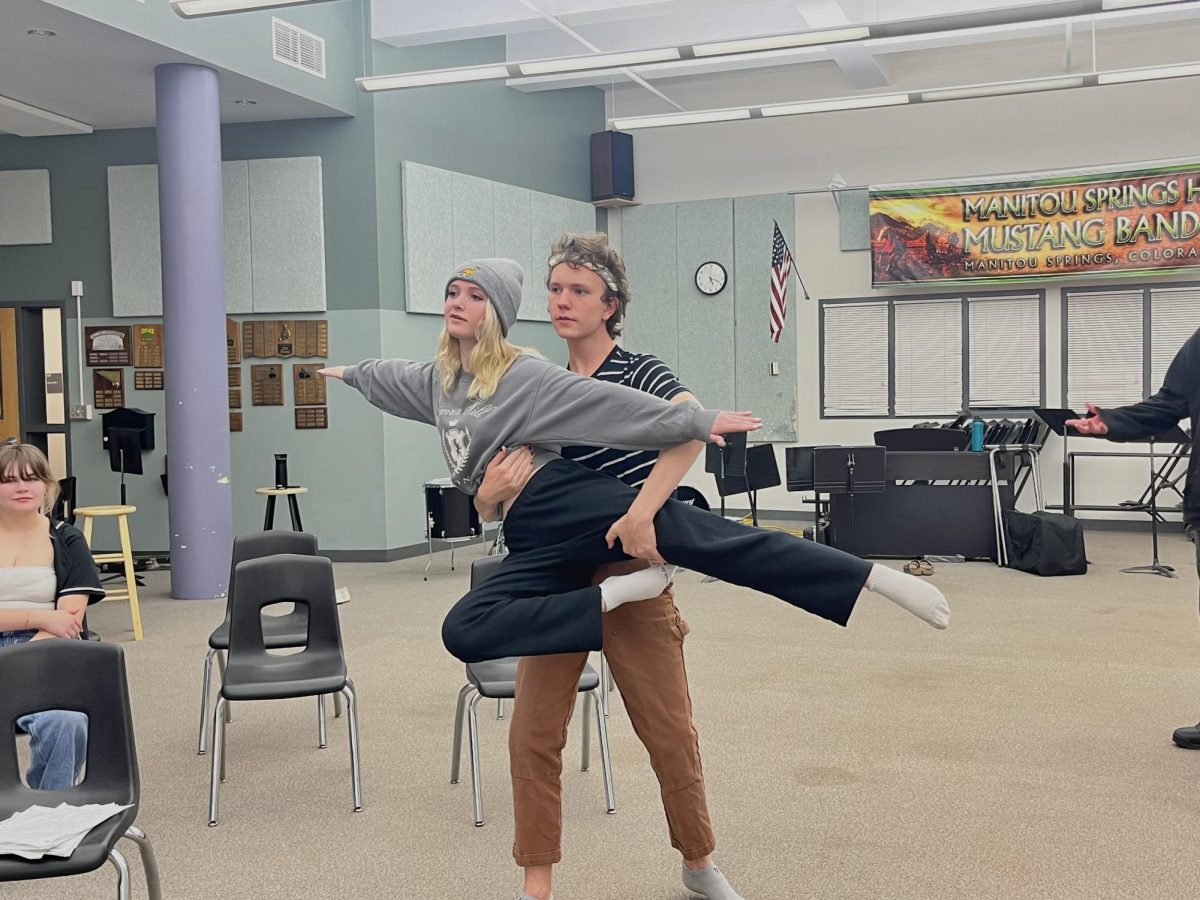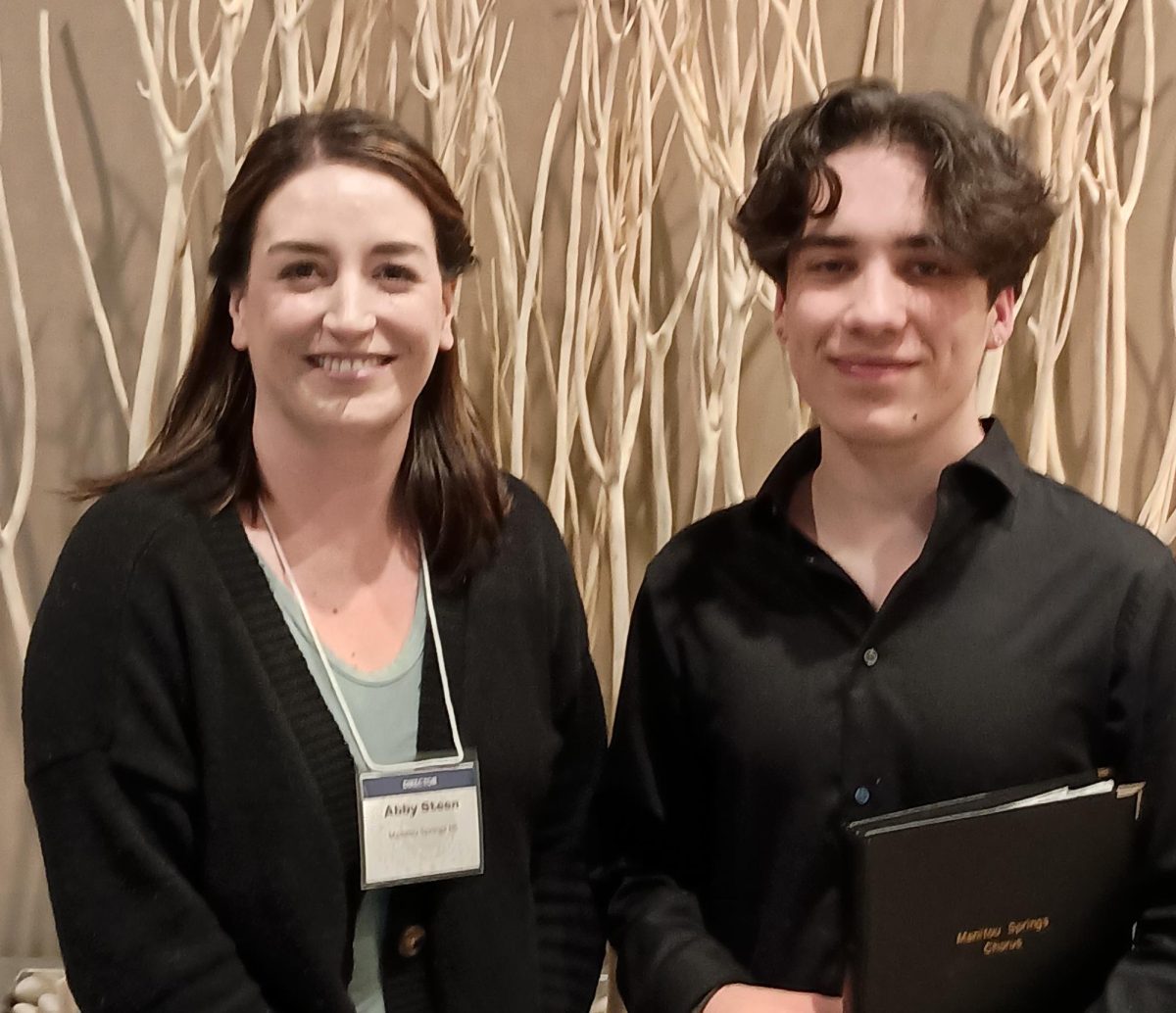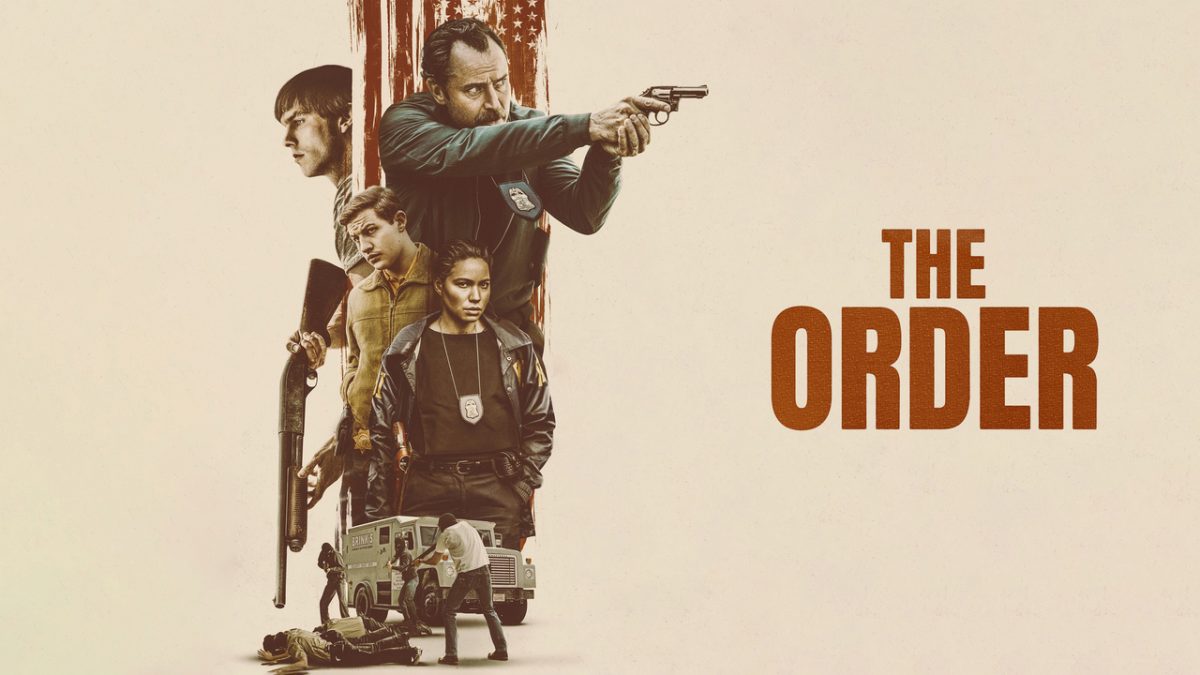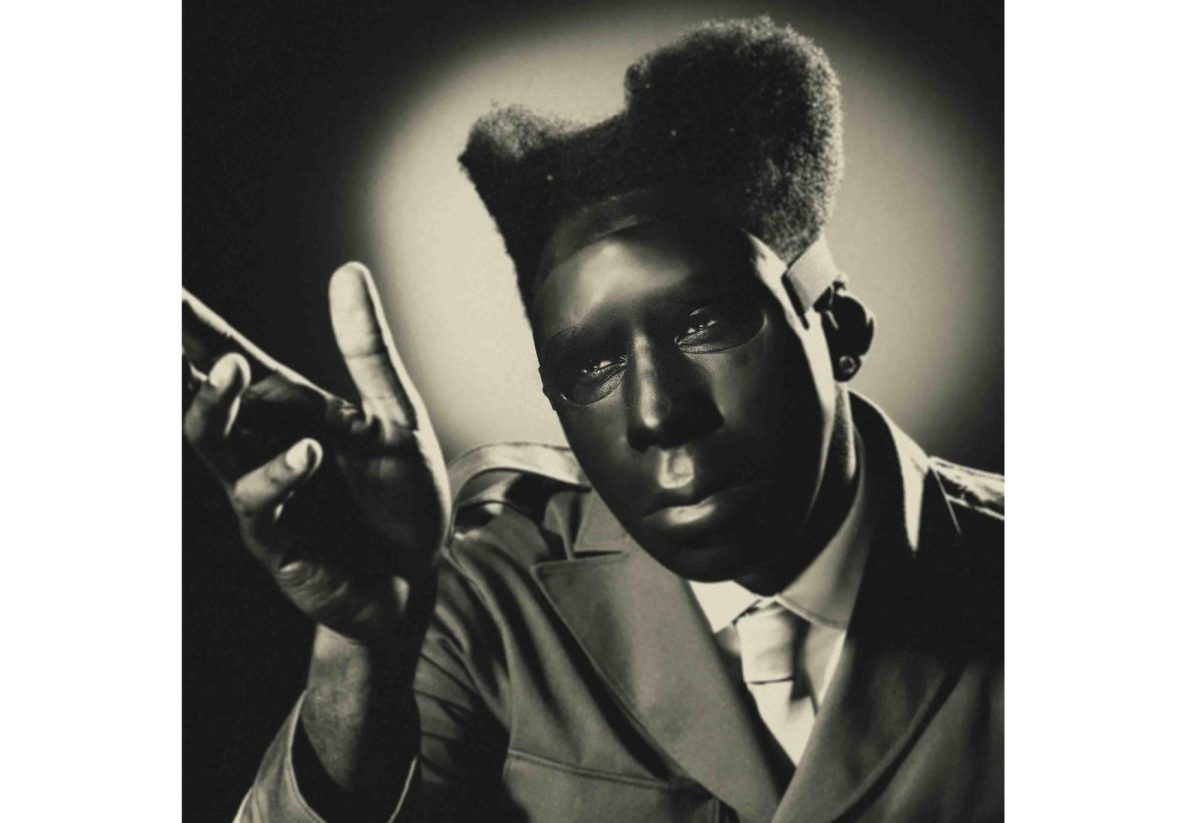Sarpanitum’s Blessed Be My Brothers: Blessed be the songwriting
February 25, 2015
(Scroll to the bottom of the article to stream the album as a YouTube playlist.
Drawing thematic inspiration from a period in history or a particular culture’s mythology can turn into a double-edged sword for a band. Effectively and uniquely utilizing the imagery and sounds associated with a particular cultural history certainly make a band interesting, but when any aspect of the presentation- musical, lyrical, or even visual, falls flat, all too often the band is reduced to being associated with nothing more than mediocrity and gimmickry. This is what separates bands like Nile, who genuinely draw compositional and lyrical inspiration, in several ways, from ancient Egypt and effectively sell themselves as a whole package of near-eastern brutality (despite being the next whitest human invention to Wonder Bread), from any number of run-of-the mill viking metal bands whose inspiration seems to stem wholly from the widespread sentiment that vikings are cool.
Rare, too, are bands who can pull off putting multiple quiet instrumental interludes on a metal album without ruining the flow and vibe entirely.
Sarpanitum truly must be something special, then. The band’s second full-length, Blessed Be My Brothers, demonstrates what an aesthetic sense of flow can do for a band. The album as a whole is ordered, track-wise, in such a way that each song follows into the last and the next, and as a result makes for a compelling front-to-back listening experience like increasingly few albums in the digital age. Within individual songs, the ebb and flow of musical motifs, the building and decline of sections at large, and a shrewd use of contrast in pacing show that Sarpanitum’s composers, Tom Hyde and Tom Innocenti, have both keen ears and the musical sense to use them.
The soaring melodies and colossal arrangements also evoke Sarpanitum’s prime thematic focus, the crusades and the european religious zeal which inspired them. The instrumentation as well as the harmonic and chordal structures serve to provide a dark and spiritual atmosphere that brings to mind grand ancient churches and charges into medieval combat.
Though there is plenty of melodious playing and subtlety at work here, good old-fashioned heaviness is by no means out of Sarpanitum’s comfort zone. There are many slower grooves and menacing tremolo-picked parts reminiscent of old-school death metal a la Death or Morbid Angel, and some heavier riffs that venture very close to slam territory.
One less desirable aspect borrowed from more conventional forms of death metal than Sarpanitum’s pseudo-melodic style is the vocal style. Almost universally, vocalist Tom Innocenti’s style consists of a low growl in a style not entirely dissimilar to Cryptopsy’s Lord Worm or Tomb of the Mutilated-era Chris Barnes. The issue is not in the style itself, it being well-executed for what it is, but rather in the monotony of this being largely the only tonality the vocals take on. Cuttingly, there are some higher, black metal-esque shrieks in “Blessed Be My Brothers” that serve as a welcome contrast and would have been a superb addition to any of the album’s other tracks.
Lyrics score considerable brownie points by virtue of being inventive, well-written and contemplative, even if they are let down slightly by their delivery.
The guitars and keyboards, as alluded previously, shine beautifully on Blessed Be My Brothers, weaving in and out of each other to create both soaring, melodious crescendos and pummeling, thick grooves. The drums, performed for this album by studio musician Leon Macey, are similarly versatile and admirably inventive in places, performing more complex and nonstandard rhythms alongside straightforward blast beats and double kick patterns.
Although Innocenti’s vocals are lackluster on this effort, it’s Hyde’s bass work that is the real letdown. Not only are the lines uninventive, guitar-following, and simple, but they’re nearly inaudible due to the production. The album doesn’t sound bad by any means, but it isn’t exactly enhanced by the recording job. The guitar tones seem noisy in the sense that they bring out lots of noise from the guitarists’ playing and lack focus. The vocals are too quiet and often sit just above the mix, which, when coupled with the murky delivery, makes the words hard to decipher. The drums, which again by no means sound bad, seem flat and over compressed, qualities which could also be used to describe the album’s mastering job. There is little dynamic range to be had and distressing amounts of audible distortion at times, traits which are problematic with music composed, as Sarpanitum’s is, to have fluidity, growth, and decay.
As mentioned before, the album’s three instrumental tracks, consisting of a raucous guitar driven introduction and two more ambient songs, shine by virtue of managing to fit well in the album. However, other than this, album’s songs on the whole don’t necessarily have a standout. The tracks are cohesive and on par with each other overall, which is not to say that they are either all stale or all excellent anthems, but rather that they’re all enjoyable to an equal degree. Each song contains a few catchy riffs and hummable memories, but none so great as to be particularly noteworthy.
This kind of consistency goes to show that Sarpanitum’s strong suit is truly in song and album crafting. What they do, they do very, very consistently and very, very well, and it makes for an end product that, despite its few shortfalls, is truly solid in every sense of the term. This is not a gimmicky album, or a gimmicky band. This is the real deal.

